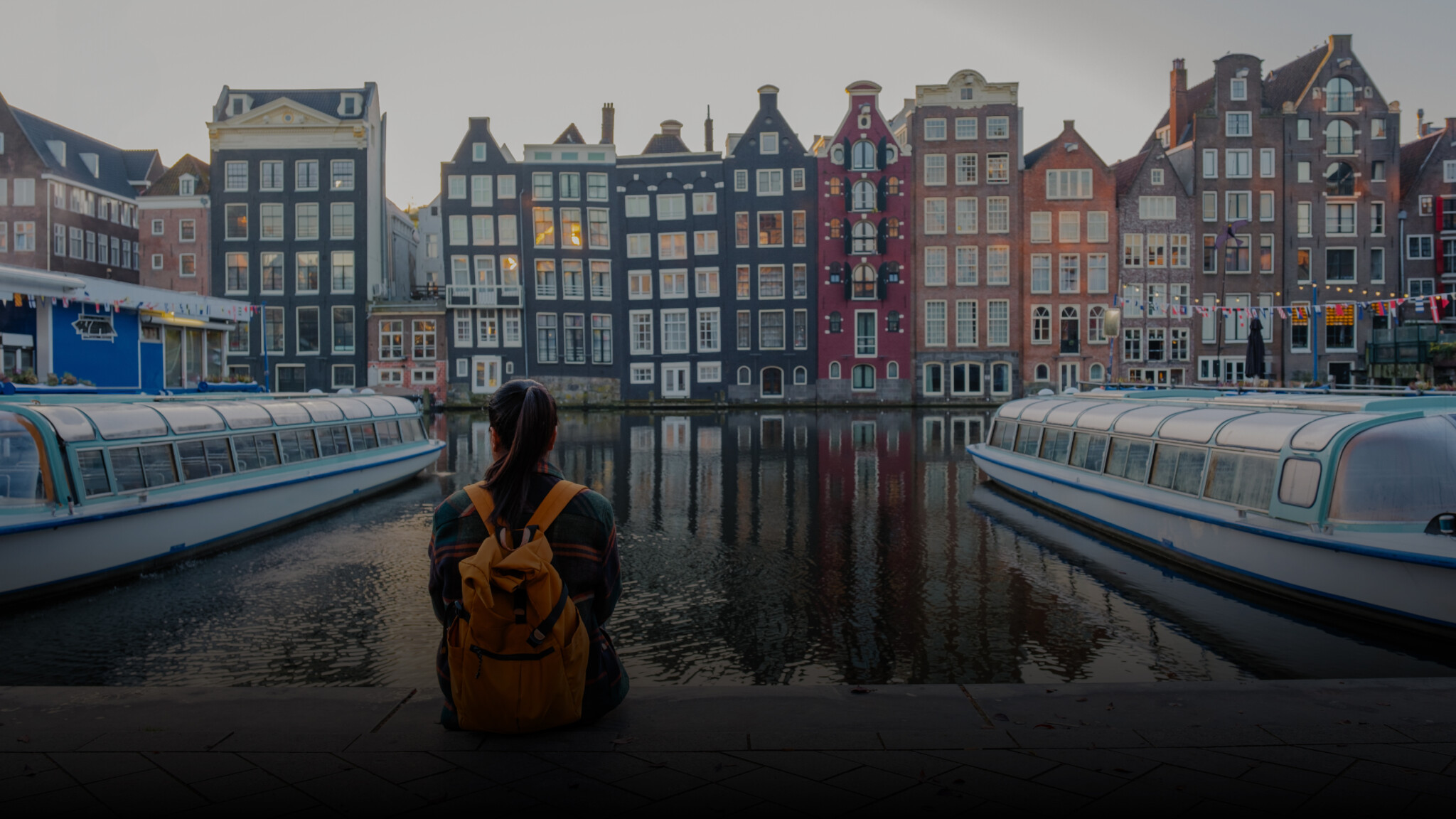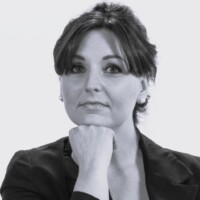
Amsterdam’s groundbreaking bereavement policy confronts the invisible grief of pregnancy loss – and exposes how conditions like endometriosis are still misunderstood, misdiagnosed, and sidelined in our healthcare systems.
There are times when policy dares to step into the territory where language fails; into the silence where grief resides. When it does, something revolutionary happens. Amsterdam, my home city in the Netherlands, has become our first municipality to grant bereavement leave for women and their partners who experience pregnancy loss before 24 weeks. In doing so, the municipality acknowledges a reality long ignored – that existential pain doesn’t adhere to bureaucratic timeframes, that suffering cannot be administratively scheduled, and that grief, however invisible, is real.
This isn’t a symbolic move. The new policy mandates that supervisors within the municipality grant this leave automatically, with no justification required, no debate, and full pay. It’s a profound gesture, not of pity, but of recognition: a policy change that touches the deepest fault lines of human experience.
Enjoy independent, ad-free journalism - delivered to your inbox each week
Unseen weight of invisible loss
Loss before the 24-week threshold has been relegated to the margins. It has lived in private anguish, often excluded from the formal languages of mourning. Yet it devastates the body, psyche, and spirit. It rewires a life.
When New Zealand and the United Kingdom instituted similar leave policies, I hoped we were seeing the beginning of a broader moral shift; a global awakening to the emotional and ethical dimensions of women’s health. Belgium is following suit. A proposal is presented before the Dutch Parliament, driven by thousands of voices who have lived this loss in silence.
We live in a system designed for uninterrupted output, for productivity without pause, for bodies that never break. Grief, especially this kind, is economically inconvenient. It doesn’t show up in a cast or a scar. It doesn’t fit into HR protocols. It reveals itself instead in a disrupted interior life, a psychological bruising that many carry alone.
This silence also lays bare a bigger problem. Our healthcare systems are still calibrated to the male body. Conditions such as endometriosis and adenomyosis, both of which can impair fertility and cause excruciating pain, are often dismissed as exaggerated, hormonal, or merely unfortunate.
This silence also lays bare a bigger problem. Our healthcare systems are still calibrated to the male body. Conditions such as endometriosis and adenomyosis, both of which can impair fertility and cause excruciating pain, are often dismissed as exaggerated, hormonal, or merely unfortunate.
Globally, endometriosis affects an estimated 176 million women. One in five suffer from debilitating menstrual issues. And yet, it still takes an average of seven to ten years to receive a diagnosis. In my case, it took seventeen and a half years of unexplained agony, exhaustion, and asking questions but receiving no answers.
Only after surgery in 2013 did I learn the extent of the damage. My fallopian tubes had to be removed. Stage IV endometriosis was excised from my body. From that moment on, motherhood could only be pursued through IVF.

Endometriosis affects 176M women, yet diagnosis often takes 7–10 years. For many, it means decades of pain, exhaustion, and unanswered questions.
Lottery of hope and heartbreak
But IVF is no promise. It’s a biological gamble, not a guaranteed path to parenthood. In my case, it ended in failure, compounded by clinical mistakes and disparities in care quality.
I kept the ordeal mostly private. I delivered and performed, because that’s what’s expected in a society that punishes vulnerability. Only in the final stretch, when my physical values began to crash and my absence could no longer be hidden, did I begin to speak.
I recall the first time I wrote an honest and raw post about it. The Dutch author Joost Zwagerman replied with just two words: “Brave posting.” Hours later, he took his own life. Joost Zwagerman had once been my neighbor. When I was twelve, he encouraged me to write. His emails are among the very few digital remnants I’ve chosen to keep.
I recall the first time I wrote an honest and raw post about it. The Dutch author Joost Zwagerman replied with just two words: “Brave posting.” Hours later, he took his own life. Joost Zwagerman had once been my neighbor. When I was twelve, he encouraged me to write. His emails are among the very few digital remnants I’ve chosen to keep.
Grief as a door, not a wall
Amsterdam’s decision isn’t simply a victory for women. It’s a turning point and example for the rest of the world. Grief isn’t a wall into which we crash. It is a door, uninvited and irreversible, that opens and alters us.
My life is divided into two: the self before 2016, and the one thereafter. The rupture isn’t just a scar, but a metamorphosis. I’m not the woman I was, nor who I wish to be. Because grief, when given time and space, isn’t merely suffering. It is also awakening, and growth. There is no universal timeline for healing, and no checklist of feelings to complete. Grief isn’t a pathology to be cured, but a form of rebirth.
This summer, I will undergo a hysterectomy: a decision driven by the pain of the past year and the promise of liberation. The adenomyosis embedded in the uterine wall will be gone. The threat of further endometrial damage will be diminished. This, too, isn’t only reactive, but preventive. In this light, Amsterdam’s decision lands not as sentimental but as correct.
Empathy, not efficiency
We need public policies all over the globe that don’t measure human worth in efficiency alone. We need systems designed for the full range of the human condition: not just the visible and profitable.
Let us finally recognize what it means to lose a child before it’s born, and what it means to live with the ache of involuntary childlessness. Every form of loss deserves space. I’ve long been one of the fiercest critics of Amsterdam’s policies. But when something is done well, and with moral clarity, I’ll say so. Amsterdam, chapeau. We need more of this.
So, if I now disappear for a while you know why. With this piece, I bid farewell to the words endometriosis and adenomyosis. I take them out of my vocabulary. Adieu.




Comments (0)
Only supporting or founding members can comment on our articles.